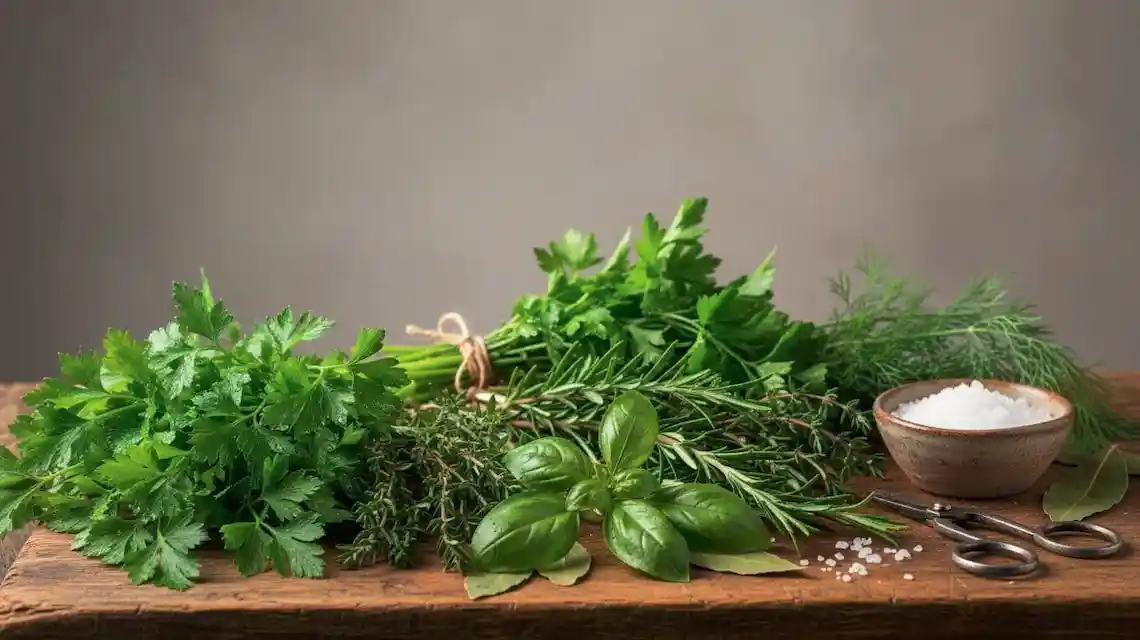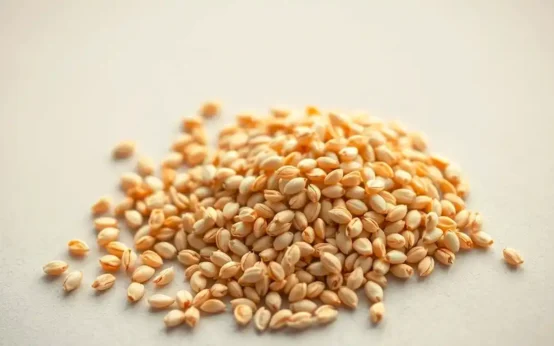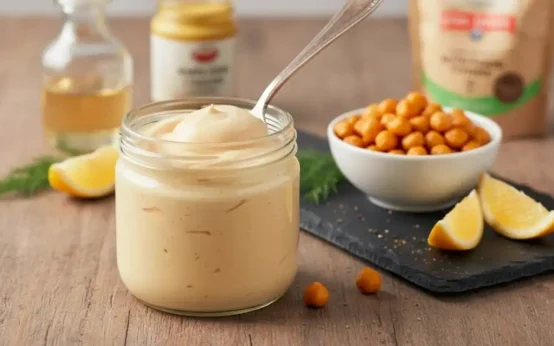Ever bring home a beautiful bunch of herbs, only to find them wilted two days later? It feels like tossing money in the trash. The good news is, a few easy habits keep herbs perky for days, sometimes weeks. If you have wondered, how do you store fresh herbs, you are in the right place.
Here is the plan. For the fridge, use a jar-and-bag setup for tender herbs, and a damp towel for hardy ones. Keep basil on the counter, not in the fridge. For longer storage, freeze or dry herbs, and make herb butters or pastes for fast weeknight cooking. With these simple steps, your herbs stay bright and your food tastes better. Small tweaks, big payoff.
How do you store fresh herbs the right way? Simple rules that work for most herbs
Think of herbs like flowers. They need the right moisture, a bit of airflow, and a clean trim. The setup is simple, and you do not need fancy tools.
Tools you will use:
- Jar or glass
- Paper towels
- Zip-top bags
- Scissors or kitchen shears
- Labels and a marker
Core rules that work for most herbs:
- Keep stems hydrated, but leaves dry.
- Allow light airflow so moisture does not get trapped.
- Chill most herbs, except basil, which prefers room temp.
- Check every few days, then refresh water or towels.
Quick overview, step by step:
- Inspect, remove any yellow or slimy bits.
- Rinse only if dirty, then dry very well.
- Trim stems to help them drink.
- Choose the right method, jar for tender herbs, damp towel for hardy herbs, basil on the counter.
- Maintain, change water, replace towel, and keep leaves above water.
Rinse, dry, and trim: quick prep before storage
- If herbs look dirty, rinse gently in cool water. Dry fully. A salad spinner plus a clean towel works best.
- If herbs are already clean, skip rinsing until right before use. Extra moisture speeds spoilage.
- Trim the stem ends by about 1/4 inch to help them drink like a bouquet. Pull off yellowed or slimy pieces now. Removing weak spots slows decay.
Jar-in-the-fridge method for tender herbs (parsley, cilantro, dill, mint)
- Add 1 to 2 inches of cool water to a jar. Place stems in the water, leaves up. Loosely cover the tops with a bag to hold light humidity. Chill in the fridge.
- Change the water every 2 to 3 days. Re-trim ends if needed. Keep leaves above the waterline so they do not get soggy.
- Notes: Cilantro and parsley thrive in this setup. Mint and dill also do well when the water is fresh.
Damp towel and bag method for hardy herbs (rosemary, thyme, sage, oregano)
- Lightly dampen a paper towel, then wring it so it is not wet. Wrap the herb bundle in the towel. Slide into a zip-top bag, press out extra air, and keep it in the crisper drawer.
- This protects those flavorful oils and tiny needles without waterlogging. Check every few days and replace the towel if it dries out.
When to keep basil at room temperature, not in the fridge
- Basil turns black in cold air. Treat it like flowers on the counter, out of direct sun, in a jar with 1 inch of water.
- Loosely tent with a bag if your kitchen air is dry. Change the water daily. Use within 3 to 7 days for the best flavor and color.
How long do fresh herbs last in the fridge? Shelf life, freshness checks, and quick fixes
Herb longevity depends on type, storage method, and how often you refresh the setup. While there is wiggle room, these ranges help you plan. Keep an eye on color, texture, and scent. Good herbs look lively and smell bright.
Want to stretch an extra few days? Maintain airflow. Leaves that are damp and sealed tight will rot fast. A slightly open bag over a jar keeps humidity where it helps without trapping wet air.
Typical shelf life by herb type
- Tender herbs in a jar, such as parsley and cilantro: about 7 to 14 days, sometimes up to 3 weeks with frequent water changes.
- Tender herbs wrapped, such as dill or chervil: 5 to 7 days, sometimes longer.
- Hardy herbs wrapped, such as rosemary, thyme, sage, oregano: 2 to 3 weeks.
- Basil on the counter in water: 3 to 7 days, depending on room temp and light.
- Chives: 5 to 7 days wrapped, or upright in a jar like tender herbs.
Freshness checks and food safety
- Still good: crisp stems, bright color, fresh smell. A few wilted sprigs are fine if the rest looks lively.
- Toss it: slimy leaves, dark mushy spots, sour or off smells, heavy yellowing.
- Trim away minor bruises, then use soon. When in doubt, throw it out.
Simple fixes for limp herbs
- Ice bath: Soak leaves or sprigs in ice water for 5 to 10 minutes, then dry well. This can revive parsley, cilantro, and mint.
- Re-trim stems and refresh the jar water. Loosen the bag cover for better airflow.
- Skip reviving herbs that are slimy or smelly. Those are past saving.
Storage mistakes to avoid
- Too much moisture: wet leaves sealed airtight will rot fast. Dry thoroughly, then leave a slight opening for the jar method.
- Crushing herbs: overpacked bags bruise leaves. Give them space.
- Ethylene gas: keep herbs away from apples, tomatoes, and avocados.
- Fridge hot spots and drafts: the back or near vents can be too cold or windy. Use the crisper drawer when you can.
Long-term storage: freeze or dry fresh herbs to lock in flavor
When you cannot use herbs fast enough, freeze or dry them. Freezing keeps a fresh taste for months, while drying works great for woody herbs. You can also stash flavor in butter or pastes for easy meals.
Label everything with the herb name and date. Frozen herbs keep best for 3 to 6 months for peak flavor. Dried herbs are more stable, but lose punch over time.
Freeze herbs in ice cube trays with water, stock, or oil
- Chop herbs, pack into ice cube trays, and cover with water, broth, or oil. Freeze, then move the cubes to a freezer bag and label.
- Use cubes for soups, sauces, sautés, and stews. One cube equals about 1 to 2 tablespoons of chopped herbs.
- Safety note: If using oil, freeze promptly. Never store raw herbs in oil at room temperature.
Make herb butters and pastes for quick cooking
- Mix softened butter with chopped herbs and a pinch of salt. Roll into a log, wrap, and freeze. Slice to finish steaks, fish, or veggies.
- For pastes, blend herbs with a little oil and salt, then freeze in small portions. Stir into dressings, eggs, or pasta for instant flavor.
Dry woody herbs for the pantry
- Best for rosemary, thyme, oregano, and sage. Air dry small bundles in a cool, airy place, or use a dehydrator or an oven on low heat.
- When fully dry, crumble and store in airtight jars away from light. Use within 6 to 12 months for good flavor.
- Swap guide: 1 teaspoon dried herbs equals about 1 tablespoon fresh.
Prepped herbs for easy weekday cooking
- For short-term convenience, store dry chopped herbs in a container lined with a dry paper towel, lid slightly ajar for airflow.
- Avoid pre-chopping basil, it blackens fast. Chop just before use.
- Label and date containers or bags so you use older herbs first.
Bring it home: a simple herb storage playbook
Herbs are fragile, but they are not fussy. The basics work. Use the jar method for tender herbs, wrap hardy herbs in a damp towel, keep basil on the counter, then freeze or dry extras for later. If someone asks, how do you store fresh herbs, you now have a clear answer and a plan.
Pick one habit to start today, like the jar setup for cilantro. Build from there and you will waste less and cook better. Try a herb-forward recipe this week, maybe chimichurri or lemon herb chicken. Your future self will taste the difference. Thanks for reading, and happy cooking with fresh herbs.
Related post: Can You Chop and Freeze Fresh Herbs?
Fresh Herb Storage FAQs
What’s the best way to store tender herbs like parsley, cilantro, and mint?
Trim the stems, place them in a jar with an inch of water, then cover loosely with a bag. Store in the fridge and change the water every 2 to 3 days. Mint can go in water too, but keep an eye on slime and wilt.
How should I store woody herbs like rosemary, thyme, and sage?
Wrap them in a slightly damp paper towel, slide into a breathable bag, then refrigerate. They stay fresh longer when kept cold and just a bit humid.
Should I put basil in the fridge?
No, basil bruises and turns black in cold air. Store it at room temperature in a jar of water, loosely covered. Keep it away from sunny windows and heat.
Should I wash herbs before storing them?
Wash only if you can dry them fully. Spin or pat dry until no surface moisture remains. Any leftover water speeds up spoilage.
How long do fresh herbs usually last?
General guide: cilantro 5 to 7 days, parsley 1 to 2 weeks, dill 3 to 5 days, chives about 1 week, mint 1 to 2 weeks, basil 3 to 5 days at room temp, rosemary and thyme 2 to 3 weeks, sage about 2 weeks. Freshness at purchase matters.
How do I keep herbs from getting slimy or moldy?
Reduce moisture and improve airflow. Use a breathable bag, change jar water often, and add a dry paper towel to absorb excess moisture. Do not cram herbs into tight containers.
What’s the best spot in the fridge?
Use the crisper drawer for steady humidity. Keep herbs away from the back wall, where it gets colder and can freeze leaves.
Which fruits can make herbs spoil faster?
Keep herbs away from high ethylene producers, like apples, bananas, avocados, and tomatoes. Ethylene speeds ripening and wilting.
Can I refresh wilted herbs?
Often. Trim the ends, then soak stems in ice water for 10 to 20 minutes. Spin or pat dry. This works well for parsley, cilantro, and mint.
Is it better to store herbs in water or wrapped in towels?
Tender stems do well in water. Woody sprigs prefer a damp towel in a bag. If in doubt, test both and see which lasts longer in your fridge.
How do I freeze herbs for long-term storage?
Chop and freeze flat on a tray, then bag, or pack chopped herbs in ice cube trays with olive oil or water. Freeze, then transfer cubes to a freezer bag. Label and date.
Which herbs freeze well, and which are better dried?
Freeze basil, parsley, chives, cilantro, and dill for better flavor. Dry rosemary, thyme, oregano, and sage. Basil and chives lose flavor when dried, so freeze those instead.
Do I need to blanch herbs before freezing?
Optional. A quick blanch can help parsley and basil keep color. Dunk in boiling water for a few seconds, then ice water, dry well, and freeze. Skip blanching if speed matters.
Can I dry herbs in the oven?
Yes, set to the lowest heat, about 170 to 200 F. Keep the door slightly ajar for airflow. Dry until leaves crumble, then store in airtight jars away from light.
Are herb-infused oils with fresh herbs safe to store?
Refrigerate and use within 3 to 4 days. Fresh herbs in oil can support botulism if left at room temp. For longer storage, use dried herbs or follow tested canning guidelines.
How do I store pre-cut herb packs from the store?
Open the pack, remove any slimy pieces, and add a dry paper towel. Reseal loosely and refrigerate. Use quickly, since cut edges wilt fast.
What containers work best?
Use jars for water storage and breathable bags for wrapped herbs. Hard containers protect delicate leaves from crushing. Avoid airtight containers if leaves are not fully dry.
Can I vacuum seal fresh herbs?
Not for the fridge, they bruise easily and trap moisture. For the freezer, pre-freeze herbs in a single layer, then vacuum seal to prevent crushing.
Any food safety tips for herbs?
Keep herbs away from raw meat and its liquids. Wash your board and knife before chopping. Discard herbs with slimy stems, dark mushy spots, or a sour smell.
How can I tell if an herb is still good to use?
Leaves should be firm and bright, not wet or limp. Stems should be crisp, not slimy. If in doubt, toss it.




 Health Benefit of Sesame Seed
Health Benefit of Sesame Seed  Healthiest Breakfast Cereal for Children
Healthiest Breakfast Cereal for Children  Vegan Oil Free Mayonnaise Recipe
Vegan Oil Free Mayonnaise Recipe  Nutrition to Enhance Athletic Performance
Nutrition to Enhance Athletic Performance  Tasty Healthy Low Cost Meals Recipes
Tasty Healthy Low Cost Meals Recipes  Gluten Free Food Options
Gluten Free Food Options